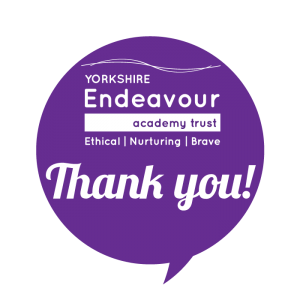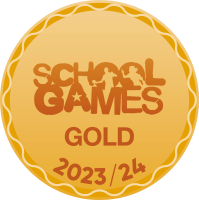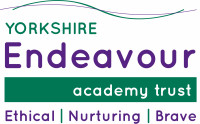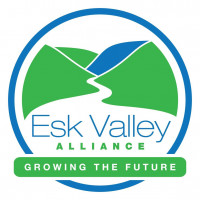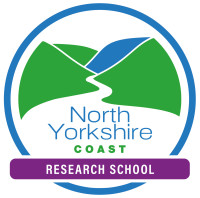|
Our English approach is implemented through our Collect, Connect and Create (3C's) approach.

Within the ‘Collect’ stage, children explore and learn the skills of writing through 'writing as a reader', deepening understanding and promoting spoken language. Children are exposed to high quality WAGOLL's (What A Good One Looks Like), setting the expectation of the final outcome and allowing children to identify key features of different genres, exploring the purpose behind why they have been used for an intended audience and purpose. Children also collect and generate high quality vocabulary, as they 'magpie' expert words and phrases used in quality texts.
In the ‘Connect’ stage of our learning, teachers explicitly model and support the composition of writing, manipulating the collected content into sentences using grammar skills from the national curriculum. Through guided and shared practice, children construct sentences and develop their skills, continuously improving their work through our editing sessions.
Finally, children ‘Create’ their final published piece, after drafting sections or paragraphs of text using the writing skills taught within the connect phase. Children 'write as readers' by editing and improving their drafts before publishing a final piece for their intended purpose and audience. This produces a high-quality published piece of writing with all feedback embedded.
The importance of nurture and relationships allow teachers to ‘challenge’ children by giving them immediate, direct feedback. We put great emphasis on children taking pride in their writing and having a critical, editorial eye to create the best work they can.
The teaching of the statutory spelling rules are implemented through a range of strategies. From direct phonic teaching in EYFS/KS1, to our KS2 are provided with a range of successful spelling strategies and therefore have the ability to apply them in their independent work.
In EYFS, our chosen Systematic Synthetic Phonics programme teaches letter formation and spelling of words. Children apply their writing skills within the phonics session and across the whole school day. In the early stages of EYFS mark making is valued and writing is implemented in the moment, engaging children in purposeful writing through their play. Adult modelling is key to children segmenting words accurately and forming letters correctly. Environment enhancements always include opportunities for writing to encourage learning, meeting individual children’s needs.
|
